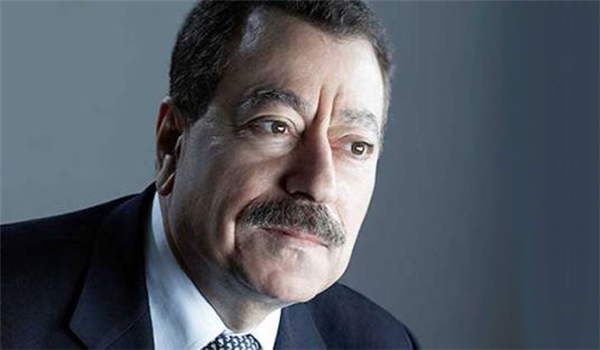
RNA - Atwan underlined that exacerbated crisis between the Arab states and Qatar and the decreasing possibility for an agreement to end the current tensions in addition to Ankara's direct interference and dispatch of military forces to Doha all can leave a positive impact on the crisis, specially after ISIL's recent defeats in Mosul and Raqqa.
He added that the relevant sides to the crisis in Syria have focused attention on Qatar and the crisis in its relations with certain Arab states, specially Saudi Arabia. "Turkey and Iran are standing on the side of Qatar. Tehran has sufficed to opening its airspace and ports to the Qatari planes and ships, but Ankara has gone further and sent military forces and tanks to the tiny Persian Gulf Arab country".
Atwan said Turkey is now after a peaceful settlement of the crisis in Syria after realizing that a military solution is impossible and after the US growing support for the Kurds and it has understood that confronting this threat is not possible without allying with Syria, Iraq and Iran in case it loses the US and Saudi support.
Noting that Russian President Vladimir Putin acts like a gate for Erdogan to enter the Iran-Iraq-Syria coalition, and that Qatar may also join this coalition at a later stage, he said that now the interests of Erdogan and Bashar al-Assad have overlapped under the influence of the crisis in Qatar and therefore, there is a possibility for their rapprochement after 7 years of differences.
Bahrain, Saudi Arabia, the United Arab Emirates and Egypt cut off diplomatic ties with Qatar early June, and suspended air and sea communication one week after the Arab Islamic American Summit in Riyadh, accusing Doha of supporting terrorist organizations and destabilizing the situation in the Middle East.
After more than two weeks, the Saudi-led bloc gave Qatar a 10 days to comply with 13 demands, which included shutting down the Al-Jazeera Media Network, closing a Turkish military base and scaling down ties with Iran.
Meanwhile, Qatar announced that Doha will not meet any of the 13 demands made by Saudi Arabia and its allies, offering instead "a proper condition for a dialogue" to resolve the [Persian] Gulf crisis, but Riyadh reiterated that its demands to Qatar to end the stand-off in the [Persian] Gulf were "non-negotiable".
The split among the Arab states erupted after US President Donald Trump visited Riyadh where he accused Iran of "destabilizing interventions" in Arab lands.
847/940